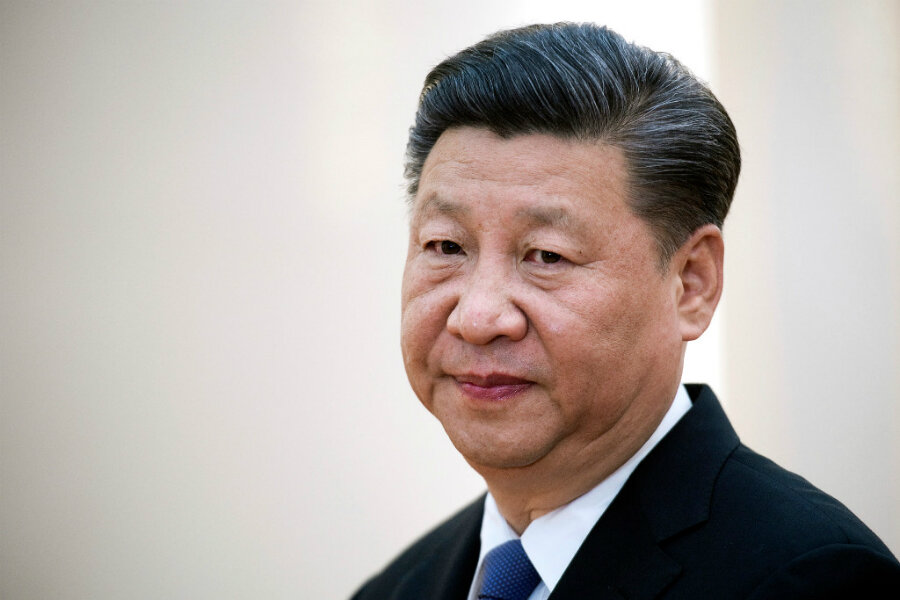China passes new intelligence law to 'ensure nation's security interests are met'
Loading...
| Beijing
China's legislature passed a new intelligence law on Tuesday after an unusually brief round of discussions, a draft of which gave new powers to monitor suspects, raid premises, and seize vehicles and devices.
President Xi Jinping has overseen a raft of legislation to bolster national security against perceived threats from both within and outside China.
The government gained new powers with a national security law passed in 2014, followed by measures on counter-terrorism, the management of foreign non-government bodies, and cyber security, among other subjects.
On Tuesday, the standing committee of the National People's Congress (NPC) passed the law, the largely rubber stamp body said in a short statement on its website.
The law will go into effect on Wednesday, it added, without giving details of what was in the law or how its contents had changed since a draft was circulated in May.
A draft was only released for one round of public consultation that lasted three weeks. Laws are often subject to at least two rounds of consultation, or more if controversial.
The legislation was also passed after only two rounds of discussion by parliament's standing committee. Laws often go through three or more rounds.
State news agency Xinhua said last week that the law was "needed to ensure the nation's security interests are met."
Intelligence work needs to be performed both within and outside China, and foreign groups and individuals who damage national security must be investigated, according to the draft.
The law will give authorities new legal grounds to monitor and investigate foreign and domestic individuals and bodies, in order to protect national security.
Chinese activists have said they fear intensified state surveillance.
The draft showed authorities will also be able to propose customs and border inspections or "quarantines," as well as "administrative detention" of up to 15 days for those who obstruct their work, or leak related state secrets.
China already has broad laws on state secrets and security but the new law will allow intelligence officials to enter "restricted access areas" and use "technological reconnaissance measures" when required, according to the draft.
Vehicles, communication devices and even real estate, such as buildings, can be used or seized by authorities during intelligence gathering efforts, the draft says.
Western governments have spoken out against China's security measures as defining its national interests too broadly and warning they could be used to target dissent.
China says the laws are appropriate for its national security concerns.
Reporting by Ben Blanchard and Christian Shepherd.







